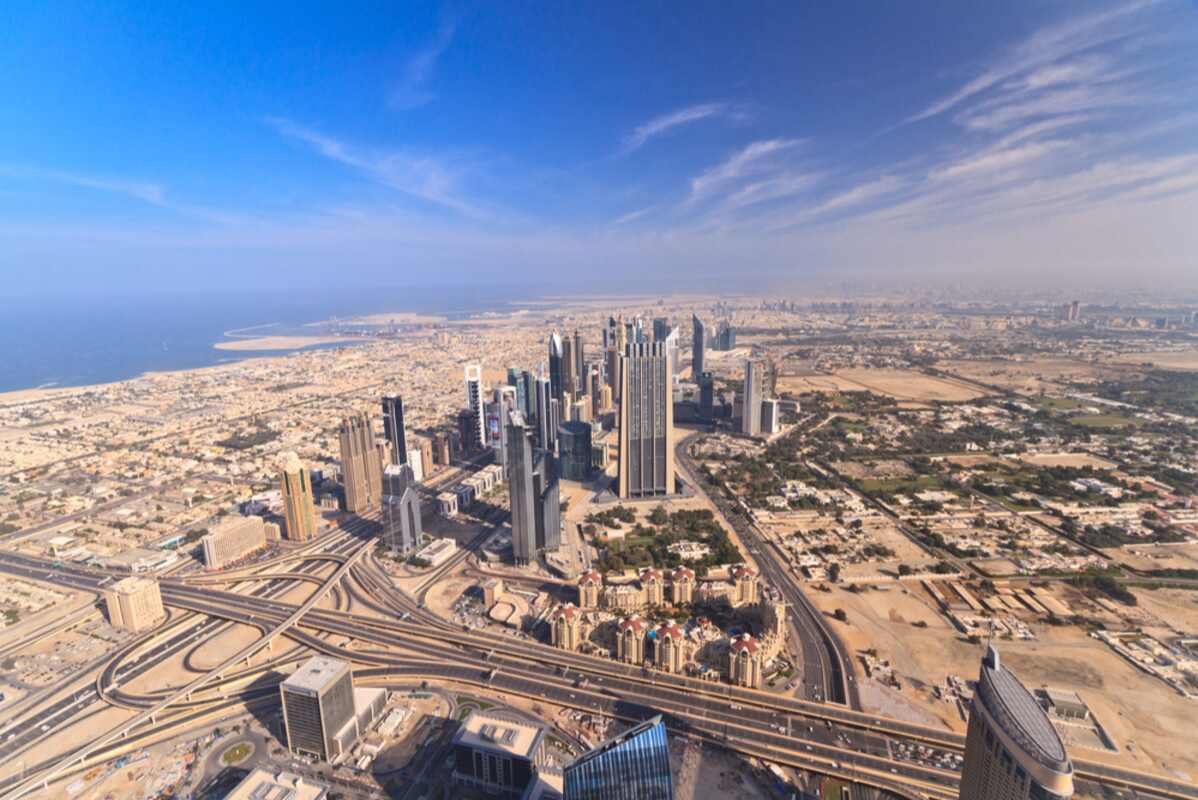The UAE’s office sector has exhibited robust performance in the second quarter of 2024, a new report suggested.
According to JLL‘s UAE Real Estate Market Overview report, the growth is attributed to a “strong economy, diverse demand, and occupiers’ focus on quality spaces and sustainability,” the report stated.
Increased office space and rising rents
It further highlighted increases in office space, rising rents, and decreasing vacancy rates in both Dubai and Abu Dhabi. Dubai’s office gross leasable area (GLA) expanded by 20,000 sq. m., bringing the total stock to 9.26 million sq. m. Abu Dhabi’s total stock remained at 3.95 million sq. m., with a limited delivery of 7,500 sq. m. However, an additional 125,000 sq. m. is scheduled for completion in the second half of the year.
Rents in both cities increased, with Dubai’s central business district (CBD) seeing a 15 percent year-on-year rise to AED2,630 per sq. m. per annum. Abu Dhabi’s average Grade A rents increased by 10 percent to AED2,085 per sq. m. per annum.
Developers launch new projects
Faraz Ahmed, research director at JLL MENA, said, “In the first six months of 2024, developers in the commercial real estate sector launched a number of new projects in both Dubai and Abu Dhabi to alleviate constraints in the long-term and meet the growing demands of occupiers seeking quality office spaces that are also sustainable in nature. With over 140,000 sq. m. of space planned to be delivered by the end of this year, we can expect to attract new companies as the UAE cements its position as a global hub for business setup.”
Residential sector performs well
The residential sector also performed well, with Dubai experiencing a 28 percent increase in value and a 34 percent rise in the volume of residential sales transactions from H1 2023 to H1 2024. Sale prices in Dubai increased by 20 percent year-on-year, while Abu Dhabi saw increases of 8 percent for villas and 6 percent for apartments.
Retail market witnesses significant rent increases
The retail market saw significant rent increases, with Dubai reporting a 16 percent year-on-year rise in average rental rates in primary and secondary malls, and Abu Dhabi recording an 11 percent increase.
Read more: UAE’s Ajman property transactions top $2.45 billion in H1 2024
Hospitality sector defies seasonal slowdown
The hospitality sector defied the traditionally slower summer season, with both Dubai and Abu Dhabi reporting strong growth in hotel performance figures. Dubai’s Average Daily Rates (ADR) grew by 5 percent year-on-year, while Abu Dhabi saw a 13 percent increase.
Industrial market sees rent surges
Moreover, in the industrial market, warehouse rents across all submarkets in Dubai experienced a 14 percent year-on-year growth in Q2. Abu Dhabi’s average warehouse rents surged 10 percent year-on-year in the same period.
For more news on real estate, click here.








